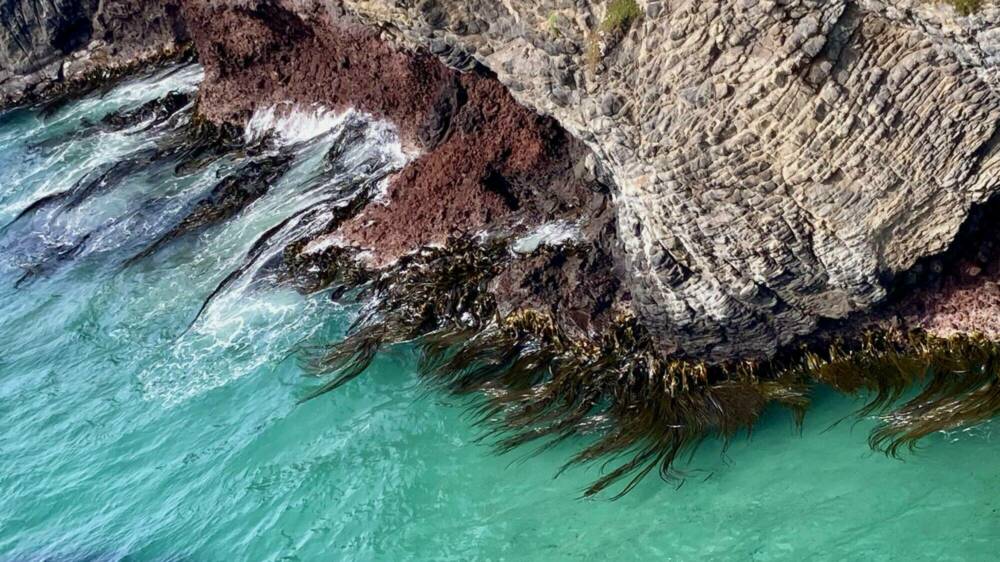Aotearoa Marine Carbon Forum
The forum aims to build a coalition to advance understanding of marine carbon dioxide removal in Aotearoa New Zealand. The forum was established to provide independent, science-based information about marine carbon dioxide removal, also known as blue carbon. Although our large Exclusive Economy Zone provides a potentially significant opportunity to sequester atmospheric carbon in the ocean, a carefully considered national strategy is required to assess pros and cons and to maximise research, investment and resources such that atmospheric carbon dioxide can be reduced whilst enhancing marine ecosystem resilience.

Background
Should our ocean be part of the solution to climate change?
The ocean has absorbed one-third of all the carbon dioxide we have emitted to date and, with the current ambition on reducing emissions, there is considerable international interest (and finance) in enhancing this marine sink. Our large Exclusive Economic Zone represents a potential opportunity to make a meaningful commitment to the Paris Agreement goals, whilst also reducing expenditure and reliance on offshore carbon credits and forestry. However, marine Carbon Dioxide Removal (mCDR) techniques, including coastal Blue Carbon, open ocean fertilization and liming, have inherent risks and also challenges of scaling up and permanence. Consequently, a carefully considered national strategy is required to assess their pros and cons, so maximising the use of Aotearoa New Zealand research, funding and resources whilst reducing atmospheric carbon dioxide and maintaining marine ecosystem resilience.
Project details
The forum will provide independent evidence-based analysis of the potential of nature-based solutions for capturing and storing carbon in Aotearoa’s coastal waters and ocean. The forum will facilitate co-ordination and collaboration within and across sectors (research, policy, government, private sector), and with Iwi/Māori, on carbon sequestration and burial in Aotearoa’s marine environment. This will inform the development of a national strategy for assessing the relative merits and risks of different techniques, that will ensure joint benefits of optimal carbon dioxide removal and increased resilience of marine ecosystems.
The objectives of the forum are to:
- develop a marine carbon removal strategy for Aotearoa that includes a mātauranga Māori (te Ao Māori and tikanga) approach that respects Te Tiriti o Waitangi principles to ensure the considered delivery of national and international climate and biodiversity objectives.
- enhance the evidence base surrounding the diverse carbon dioxide removal approaches that exist in Aotearoa’s territorial sea and EEZ, including those beyond the 2013 Intergovernmental Panel on Climate Change (IPCC) Wetlands Supplement.
- connect marine carbon experts and kaitiaki from research institutions, Iwi/Māori, non-government organisations, civil society, public bodies and the New Zealand Government, so providing a platform for researchers to provide evidence-based advice directly to policy makers and also for the Government to engage efficiently with researchers.
- share information, data and knowledge on marine carbon removal approaches, so that research direction and policy development can be aligned for valued implementation across sectors.
- provide a point of contact to similar fora internationally, and a staging point for Aotearoa to collaborate on multi-national initiatives.
Collaboration of Mātauranga with Western science
The Aotearoa Marine Carbon Forum is inherently anchored in respect for Te Ao Māori recognising how important the realm of Tangaroa and Hinemoana is to Māori. Our first objective is developing a marine carbon removal strategy for Aotearoa that includes a mātauranga Māori (te Ao Māori and tikanga) approach that respects Te Tiriti o Waitangi principles to ensure the considered delivery of national and international climate and biodiversity objectives. One of our Steering group members, Dr Adrienne Paul is a leading Māori marine legal and policy expert lecturing at the Auckland University of Technology and ensuring AMCF has an authentic approach to respecting Te Ao Māori.
The forum includes:
Prof Cliff Law, Principal Scientist-Marine Biogeochemistry, NIWA and University of Otago; Katherine Short, Principal & Director, F.L.O.W. Collaborative Ltd; Emeritus Prof Dr Caroline Saunders, Lincoln University; Prof Karen Scott, Faculty of Law, University of Canterbury; Dr Adrienne Paul, Law School, Auckland University of Technology, and Dr Anna Berthelsen, Marine Ecologist- Restoration Ecology (Climate Change Science Impact Leader) - Cawthron Institute.
The Steering Group would like to thank Dr Rebecca McLeod, for initiating and leading the Steering Group when she was Senior Research Fellow, Department of Geology, University of Otago and wishes her well in her new Principal Adviser Strategy Adviser role at Otago Regional Council.
What they hope to achieve
We aim to raise awareness of the important opportunity the ocean potentially provides in sequestering carbon. The outcome of UNESCO funding will be to demonstrate broad support for the Forum and initial shape of its work programme.
Once the Forum is formalised its anticipated outcomes (in an ongoing manner) are that the New Zealand Government will receive:
1. Comprehensive independent evidence-based advice on the potential benefits and drawbacks of different mCDR techniques in its territorial seas and EEZ through:
- analysing the scientific literature.
- considering scientific capability in New Zealand.
- considering the feasibility, readiness, scalability, environmental and ecological risks, effectiveness, and the status of monitoring, reporting and verification, and relevant regulatory frameworks.
- considering mCDR in Te Ao Māori context including mātauranga Māori.
2. Advice on which mCDR options will bring economic value for the country without compromising our unique biodiversity and environs,
- including economic modelling and analysis.
- considering environmental and ecological risk and compromise of techniques.
3. An assessment framework to apply to mCDR techniques:
- incorporating the findings from previous outcomes.
- guiding decision making with respect to national research funding, direction and capability building.
4. Comprehensive evidence-based information on mCDR options in a common-language format to support future consultation (focused and public).
5. Participation in international mCDR communities and initiatives (e.g. International Partnership for Blue Carbon, UN Ocean Decade Programme GEOS (Global Ecosystem for Ocean Solutions) etc.) to inform climate change responses of other nations, and ability to provide advice and comment on mCDR developments in areas beyond our national jurisdiction (e.g. high seas).
6. Enable collaboration amongst national community of researchers, knowledge holders, practitioners and policy makers, that is working in a focused manner to bring our seas into New Zealand’s climate change response.
Marine Carbon Research Projects in Aotearoa
The AMCF has been developing an understanding of the mCDR related research underway in Aotearoa New Zealand. Please contact km@flowcollaborative.co.nz if you are aware of other projects not mentioned here.
Decade Action
The Aotearoa Marine Carbon Forum is an endorsed Decade Action hosted by the Decade Programme Global Ecosystem for Ocean Solutions (GEOS).
Webinar Series
Join our webinar series to advance understanding around marine carbon dioxide removal (mCDR), and if, and what its potential role may be in Aotearoa New Zealand’s climate change response:
1. Introduction to Marine Carbon Dioxide Removal (mCDR) and the Aotearoa Marine Carbon Forum (30 April 2025)
2. Open Ocean Carbon Dioxide Removal (19 May 2025)
3. Coastal Marine Carbon Dioxide Removal (23 June 2025)
4. Governance, Social and Financial Perspectives on Marine Carbon Dioxide Removal (mCDR) (14 August 2025)
5. Where to from here – summarising the webinar series and feeding back to the community of interest (18 August 2025)
All webinars are at 3pm -4.30pm. Speaker details will be made available closer to each webinar. Each will have time for Q&A.
Note: mCDR encompasses a variety of techniques that aim to use marine systems to remove carbon dioxide from the atmosphere, and includes both coastal blue carbon and open ocean techniques.
For the EVENT page

For the Select Tickets page

Webinar recordings
You can access the recordings of the webinars here:
Webinar 1: Introduction to the AMCF
Webinar 3: Coastal Blue Carbon mCDR
Webinar 4: Governance, Social and Financial Perspectives on Marine Carbon Dioxide Removal
A summary of webinar 5 can be found below:
Steering Group
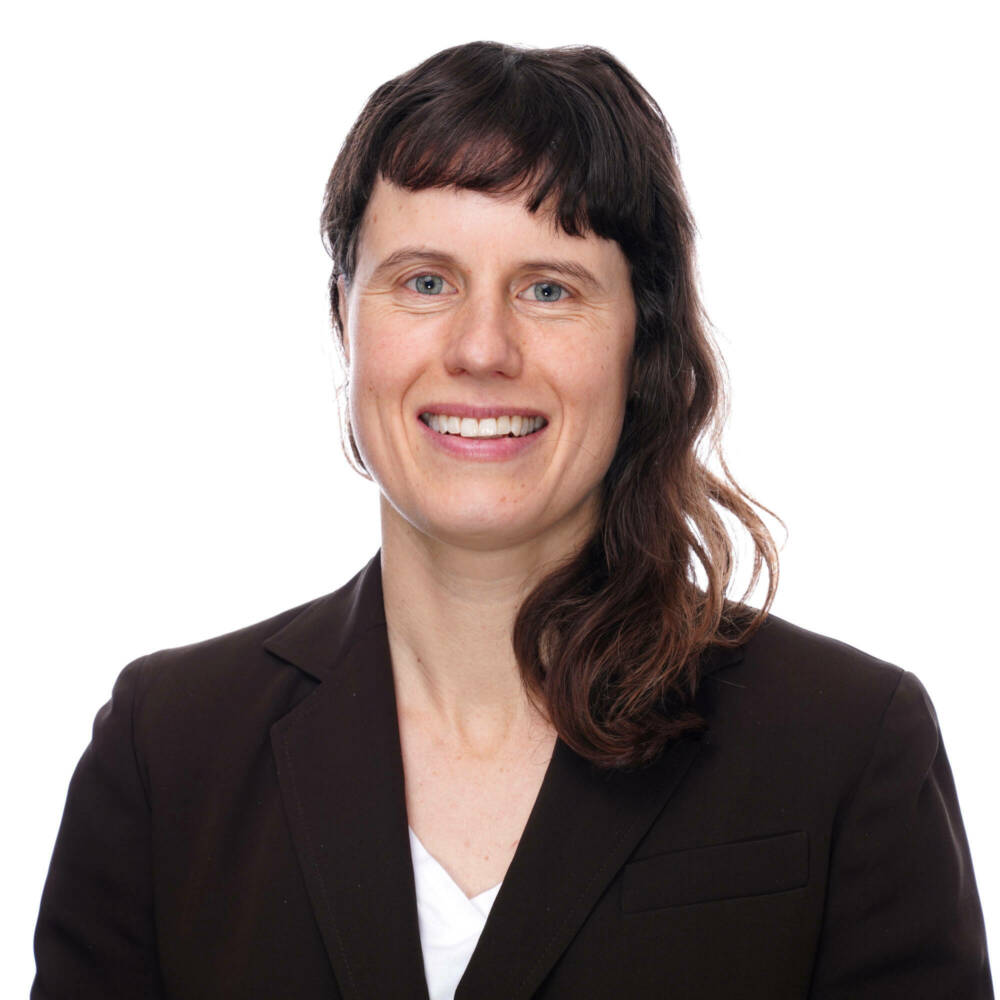
Dr Anna Berthelsen
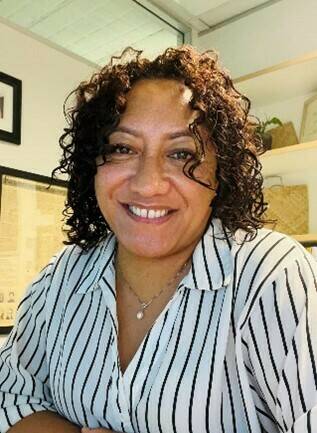
Dr Adrienne Paul
Dr Paul began her academic career with the University of Waikato, Te Piringa Faculty of Law teaching land law, corporate entities, and legal research skills. In 2020, she joined the University of Canterbury, Faculty of Law teaching te Tiriti o Waitangi (Treaty of Waitangi), Tikanga Māori (customary law) and the law, land law, Māori land law and resource management law. In 2024, Dr Paul joined the Auckland University of Technology, Law School in 2024, teaching Māori land law, real property and tikanga and state law. She also has her own practice in the areas of Māori land law and family law. Dr Paul is a dedicated educator of Tikanga Māori (customary law) and Mātauranga Māori (customary knowledge) in the legal context. She values collaborative relationships with academics, practitioners, and iwi (tribal) leaders who value sharing the knowledge.
In 2024, Dr Paul joined the Aotearoa Marine Carbon Forum (AMCF) to contribute her expertise in respect of cultural and legal perspectives relative to environmental marine areas across the different themes in the AMCF.
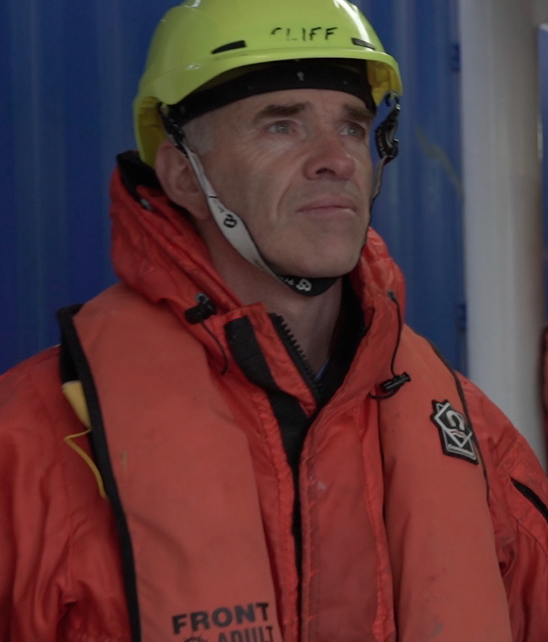
Professor Cliff Law
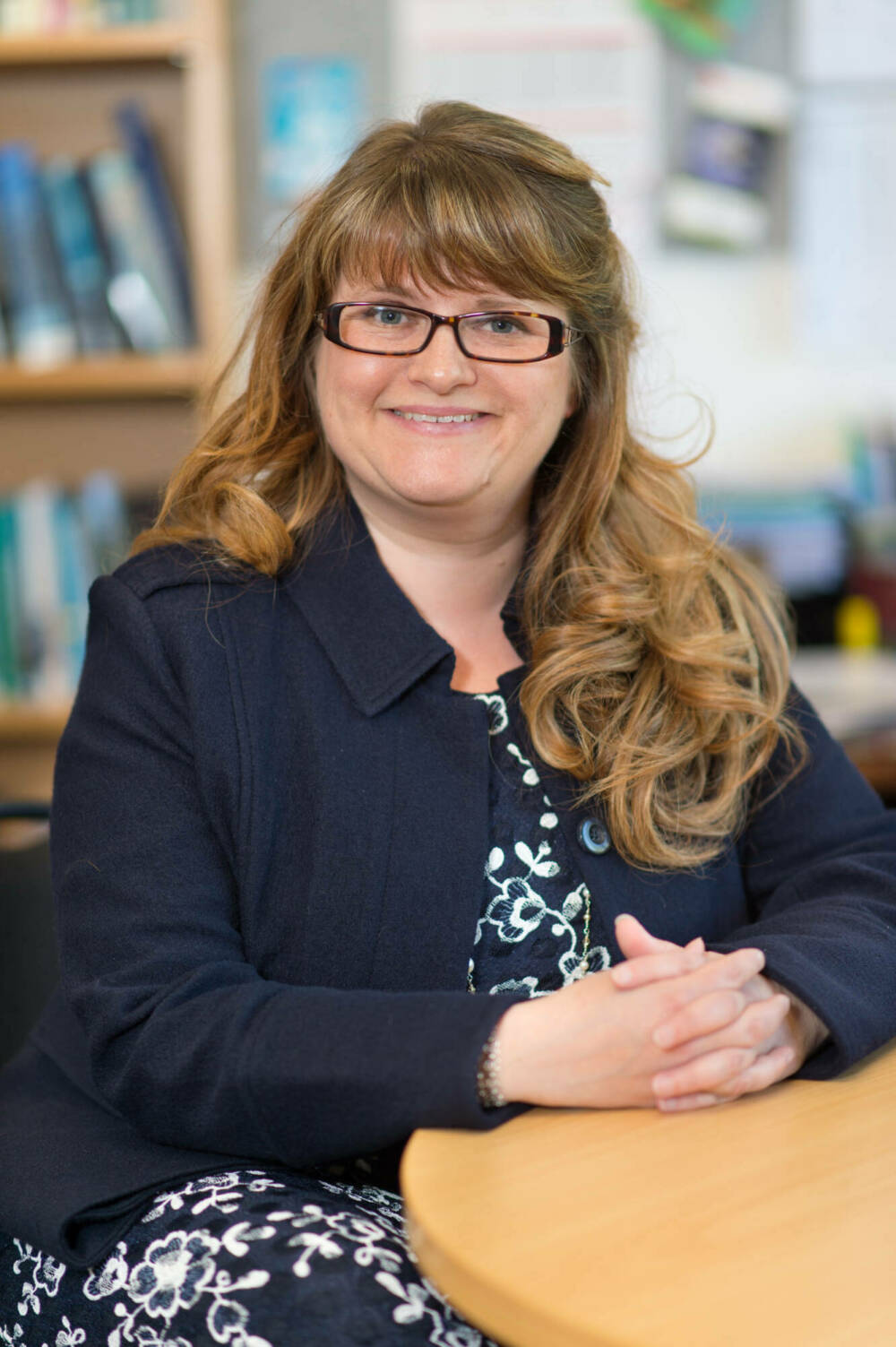
Professor Karen N. Scott
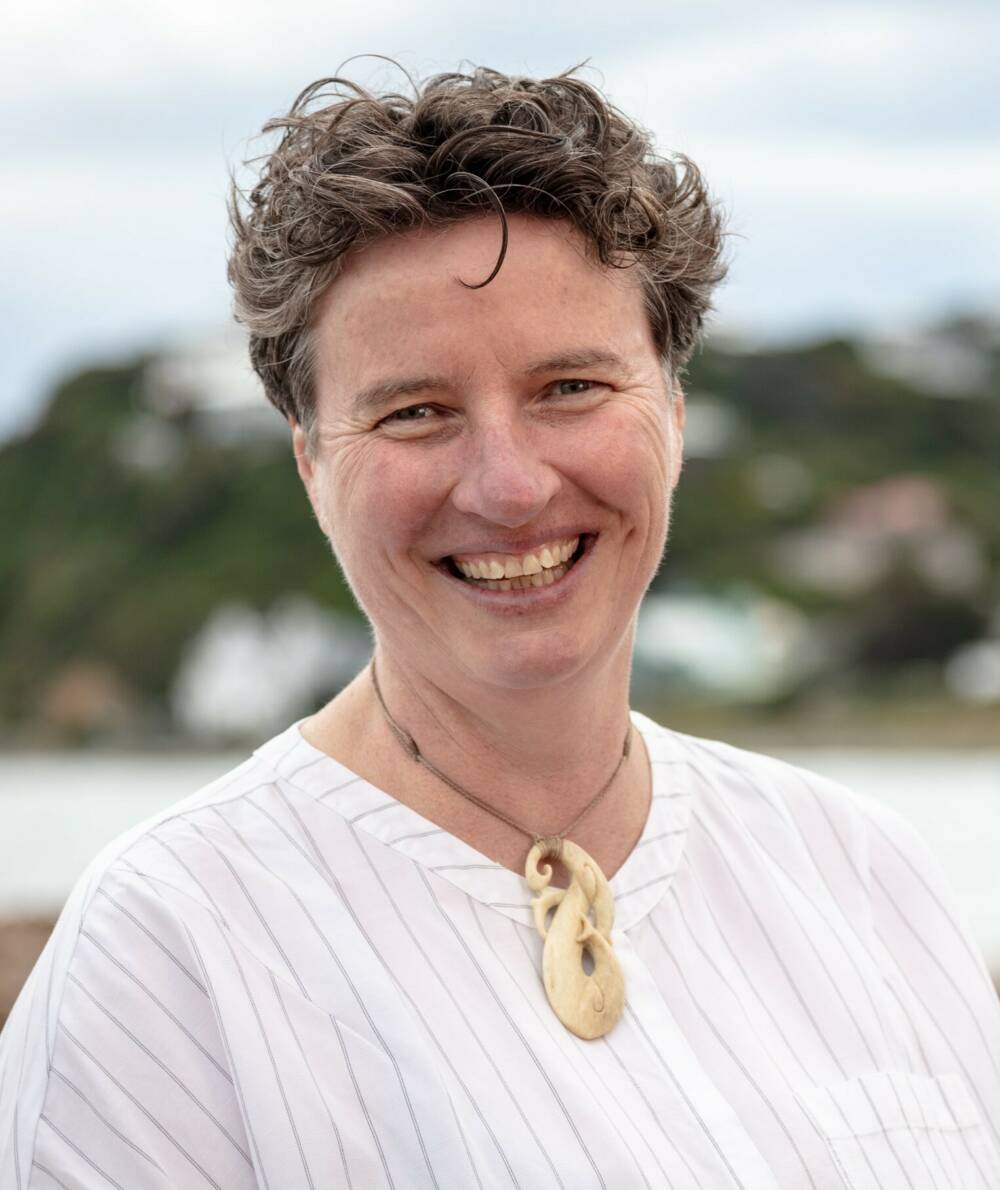
Katherine M. Short
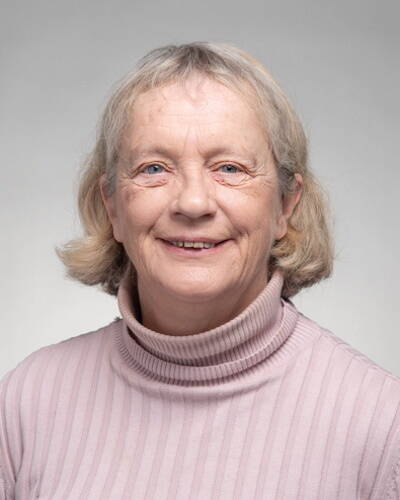
Emeritus Professor Caroline Saunders ONZM FRSNZ
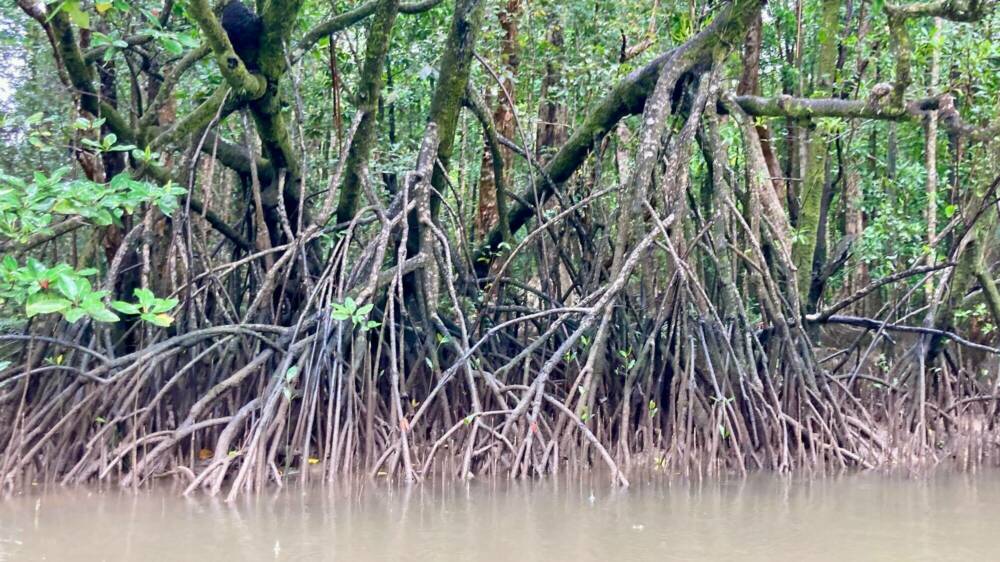
Resource



